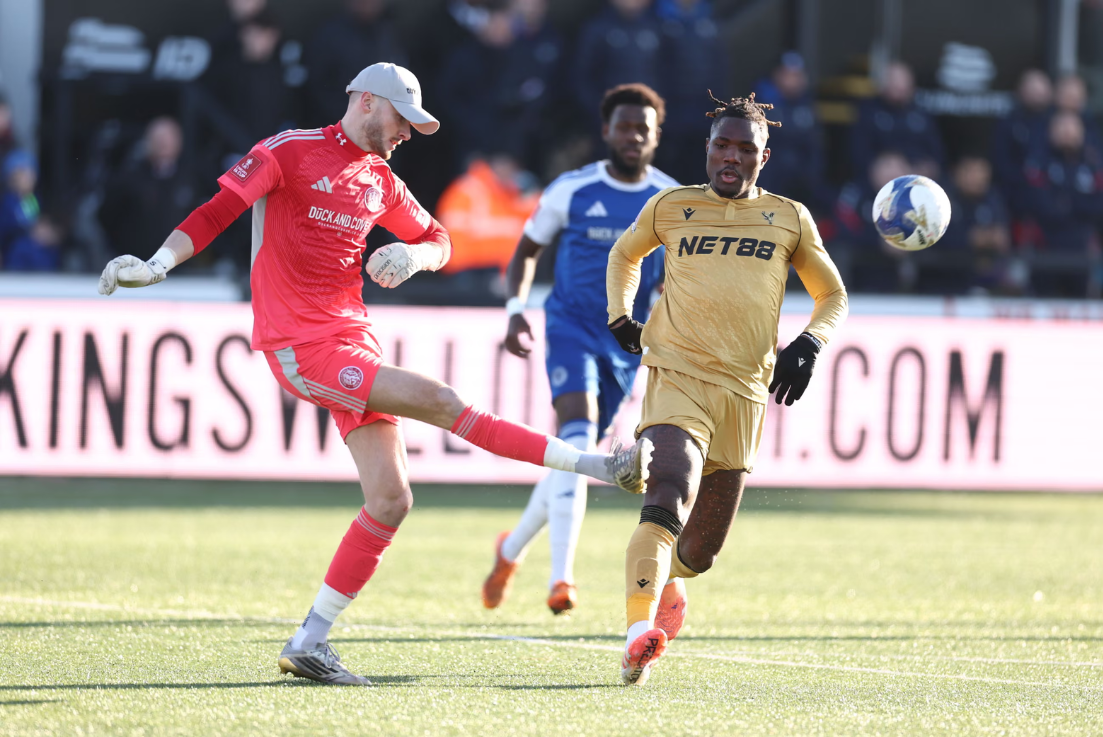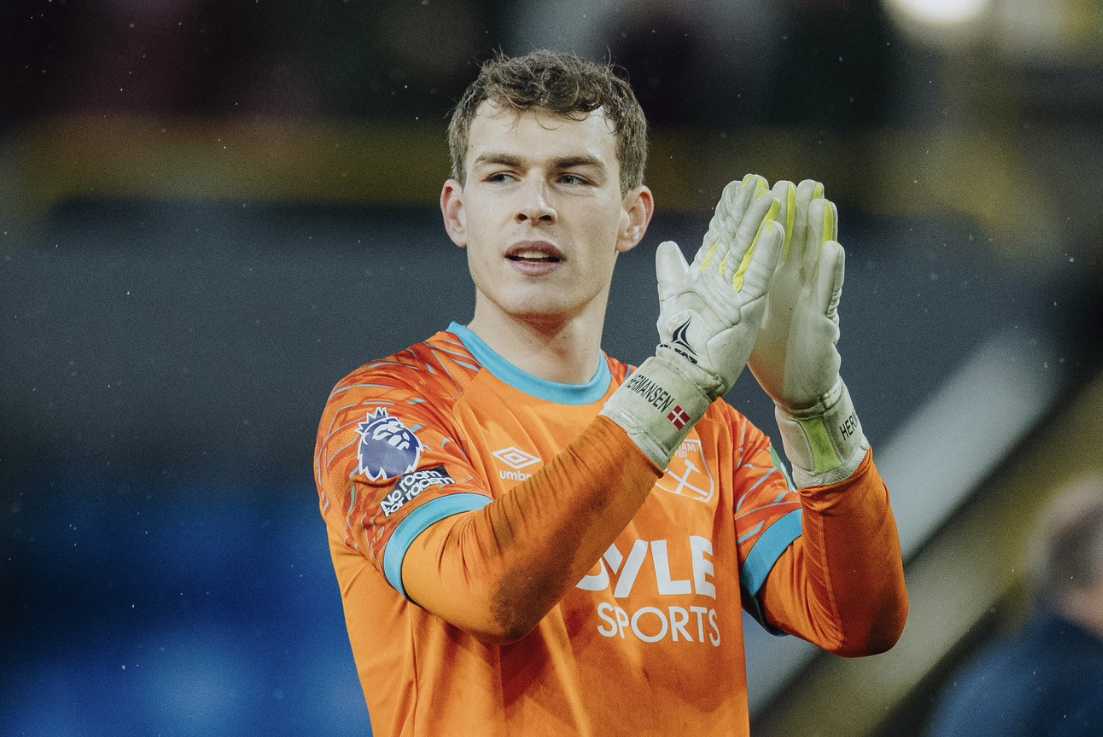What does history tell us about any potential correlation between a newly-promoted team changing their number one for Premier League football, and the team's survival?
In the last two Premier League seasons, the three Championship sides who were promoted to the top flight have been instantly relegated. In 2023/24, Luton Town, Burnley and Sheffield United mustered a lowly 66 points. In the latest campaign, Leicester City, Ipswich Town, and Southampton accumulated only 59.
This year, Leeds United, who clinched the title under Daniel Farke, the reinvented Burnley, thanks to the meticulous Scott Parker, and Sunderland, returning to the promised land for the first time since 2017 with Regis Le Bris, will be the new contenders in the next Premier League campaign. This trio are tasked with breaking the new line of thought that promoted outfits can't handle the Premier League’s quality and relentlessness at the current standard of performance and investment by those who have been longer residents in the competition.
It seems that one almost-universal strategy to better one’s odds of remaining in the top flight after promotion has been to replace the goalkeeper. Historically, several newly-promoted teams have made a switch between the sticks upon their promotion to the Premier League.
At Goalkeeper.com, we trawled through the records from the past six Premier League seasons to work out whether any correlation exists, on paper, between a newly-promoted club’s decision to stick or twist with their goalkeeper, and their success at remaining in the top flight that season.
The answer is, overall, no.
Between 2019/20 and 2024/25, newly-promoted sides have only stayed up in six out of 18 cases. Those sides were:
- Sheffield United (2019/20 - 9th)
- Aston Villa (2019/20 - 17th)
- Leeds (2020/21 - 9th)
- Brentford (2021/22 - 9th)
- Fulham (2022/23 - 10th)
- Bournemouth (2022/23 - 15th)
- Nottingham Forest (2022/23 - 16th)
There was a curious mix of goalkeeping decisions in each case. Whilst Sheffield United and Brentford retained their number ones from the previous season (Dean Henderson and David Raya, respectively), Leeds made an internal promotion as a young Illan Meslier stepped up to replace the inconsistent Kiko Casilla and made a name for himself on the world’s biggest stage.
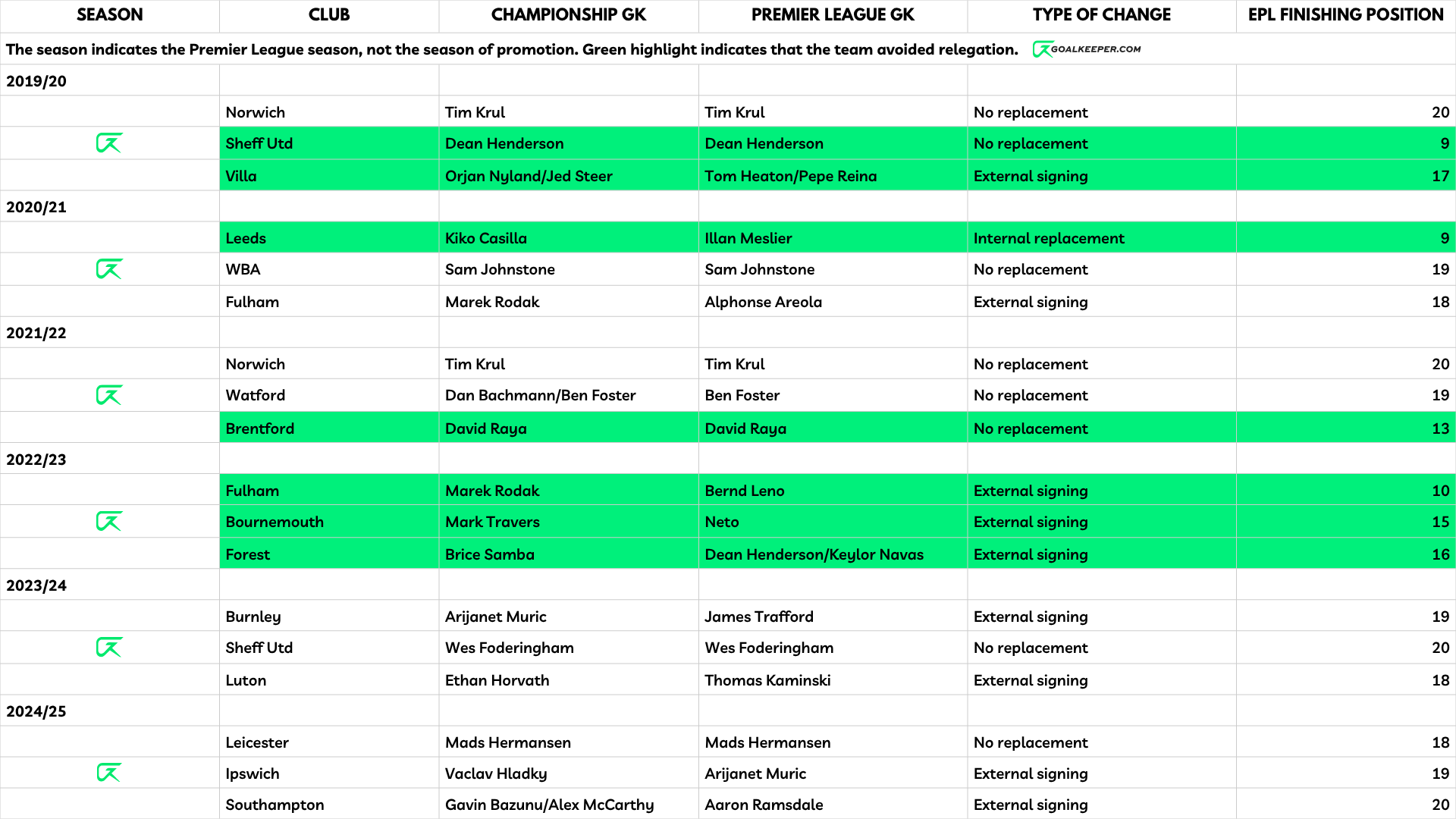
In 2022/23, each promoted side replaced their number one with an external signing. Marek Rodak was displaced by one of the shrewdest pieces of goalkeeping business in recent years, Bernd Leno, who helped Fulham to a top half finish. Mark Travers had performed admirably for Bournemouth in the Championship after himself replacing the experienced Asmir Begovic the previous year. Nevertheless, Brazilian goalkeeper Neto was recruited to play the majority of matches as the Cherries remained in the top flight with a fairly comfortable 15th placed finish.
Nottingham Forest had the most tumultuous goalkeeping journey out of the promoted sides in 2022/23. Brice Samba had been highly rated at the City Ground and had pulled off penalty heroics to ensure the club’s progression through the Play-Offs, but opted for a switch to Ligue 1 in France. It was a hugely fruitful move, with Samba named the Ligue 1 Goalkeeper of the Season that year.
Dean Henderson joined on loan from Manchester United to initially fill the gap left by Samba, before a serious injury saw Steve Cooper recruit one of the biggest names in goalkeeping, Keylor Navas, on loan from Paris Saint-Germain to see out the season. He was named Man of the Match on his Premier League debut in a 1-0 win over Leeds.
So, whilst one goalkeeper switch was enforced that season, the other two were free choices by the club. The 2022/23 season was unique in that all the promoted sides stayed up; a feat that had only been achieved four times in (at the time) 23 years. What we can read from the track record of teams that stayed up, and their tangential goalkeeper decisions, is that in the four out of six cases in which teams opted to bring in a new number one, they brought in a goalkeeper of considerably greater experience, or considerably higher-rated, than the goalkeeper that helped them to promotion.
Bernd Leno had spent several seasons playing European football at Arsenal before he joined Fulham, Neto had made nearly 150 appearances at some of the biggest teams in Italy and Spain (including Juventus and Barcelona), Tom Heaton and Pepe Reina were hugely experienced Premier League and international-level goalkeepers, and Keylor Navas was a Champions League winner, at Fulham, Bournemouth, Villa, and Forest, respectively.
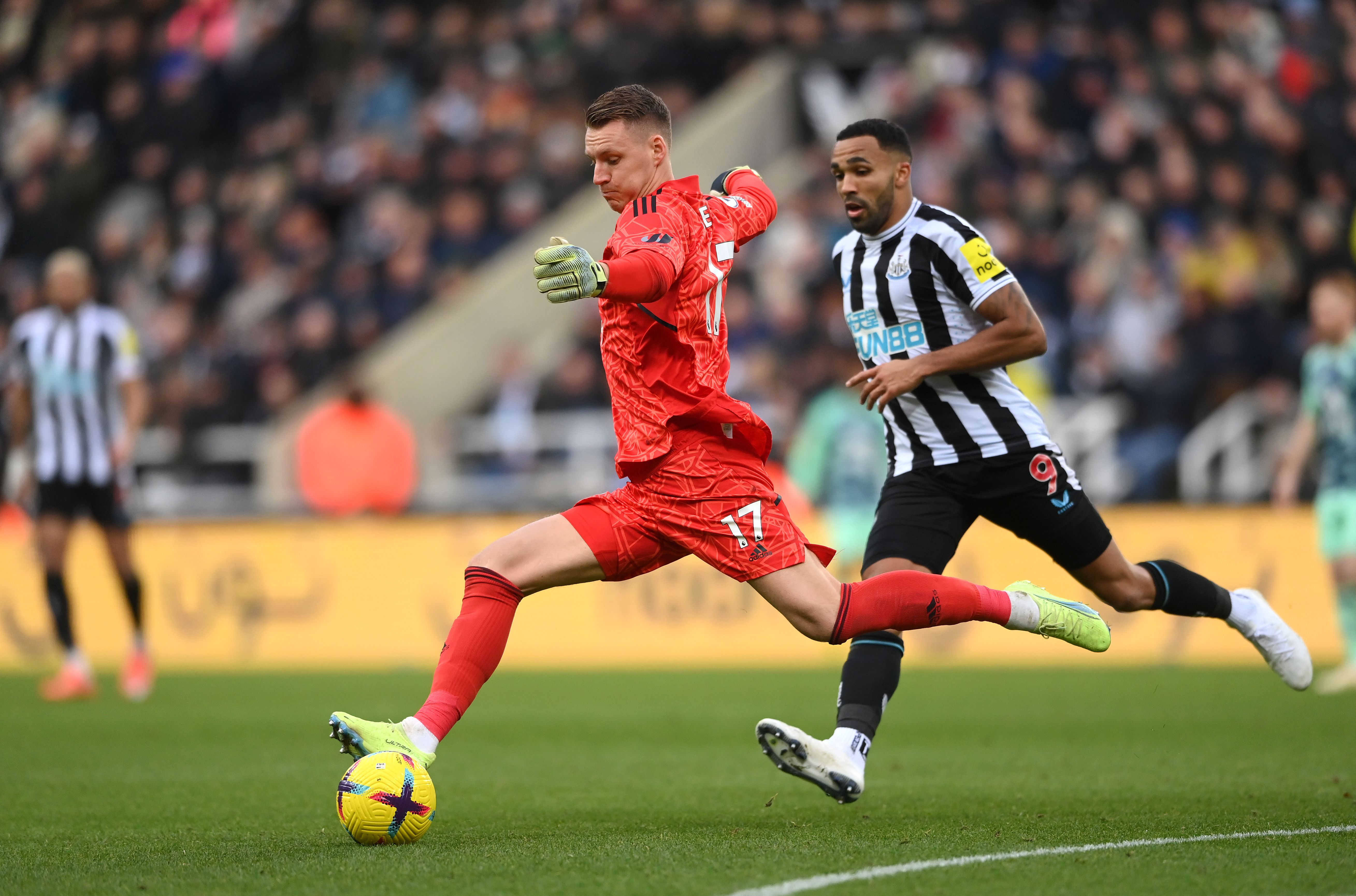
Another high-profile goalkeeper swap saw Wolverhampton Wanderers change John Ruddy for Rui Patricio in 2018, after winning the Championship. Wolves stormed to safety in their first season back in the Premier League. Ruddy was highly experienced and had backed Norwich City in their successful attempts at staving off relegation multiple times. Patricio, however, joined a growing Portuguese contingent, brought substantial international experience, and arguably aligned better to Nuno Espirito Santo’s style of play.
The previous season (2021/22), each promoted side had stuck with their number one, and only one side stayed up. It’s difficult to make any paper-based assertion as to whether a correlation actually exists here; Tim Krul was one of his Norwich side’s most experienced Premier League players, as was Ben Foster at Watford.
In the last two seasons, where all of the promoted sides were relegated, four out of six teams made external signings to replace their number ones. However, in only one case was a goalkeeper signed with considerably more experience and pedigree, in the form of Aaron Ramsdale joining Southampton. The bulk of James Trafford’s previous experience had been on loan in League One at Bolton. Wes Foderingham was highly experienced, but not in the Premier League. Thomas Kaminski had impressed generally at Blackburn but had only played 28 out of the previous season’s 46 Championship games.
Southampton goalkeeper coach Dean Thornton, who helped bring Ramsdale to the South Coast at the start of last season, summarised why a blend of experience is so important to a goalkeeper department at the elite level, speaking to Goalkeeper.com earlier this year.
"Joe [Lumely] was a massive reason for why we got promoted. He helped Gavin [Bazunu] and is now doing the same with Aaron. In terms of how we get the best out of each other, it's healthy competition. We’re always challenging each other. All four can fight for a shirt. You just need to set expectations early on.
“On and off the pitch, I learn every day from these boys because they’ve all had different journeys and played various roles for the team,” he enthused. “Alex and Aaron have spent many years in the Premier League so I’ve picked their brains on their experiences."
That is not to say, by any means, that proven Premier League experience purely in terms of games played or clubs played for is any sort of concrete determinant of success with a newly promoted side. It may help to have a more ‘experienced head in the dressing room’, especially when it comes to the most pressured position on the pitch, but the odds are heavily against those promoted teams.
A goalkeeper - whilst statistically the most undervalued player on the pitch - can, often, only do so much in terms of damage limitation when the rest of a team is also making a step up to a new level. Managerial changes can mean a change of goalkeeper coach (though this is less common), and a change of gaffer can in itself bring instability to a goalkeeper department.
That being said, in only two out of 18 cases has a club stayed up with the same goalkeeper it was promoted with the previous season (David Raya at Brentford in 2021/22, and Sheffield United in 2019/20).
Andy Quy, who coached David Raya in the 2019/20 Championship season (the year before the Bees won promotion to the Premier League, believed that “He was always destined to be a top goalkeeper,” he reflected. “Did I think he would be Arsenal’s first-choice goalkeeper? Probably not at the time, playing in the Championship. But he works fantastically hard and is very focused. He's got some great attributes in terms of his distribution and is also a top shot-stopper. I think that's one of the areas that he's improved in most. He makes a lot of reaction saves on the line that he didn't make on such regular occasions four or five years ago.”
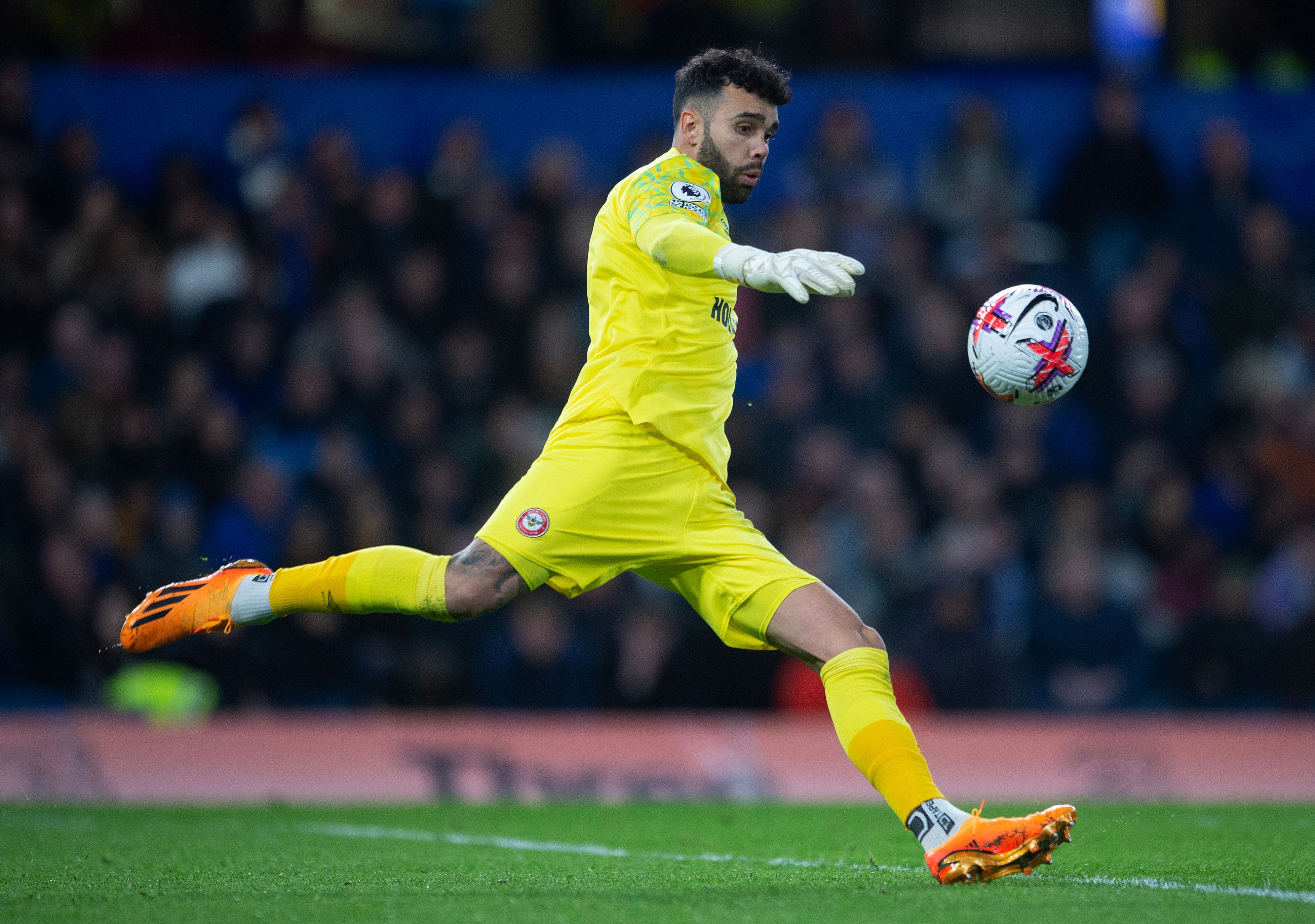
Looking ahead to the coming Premier League season, none of the newly promoted sides have yet made any goalkeeper moves.
Burnley are seemingly set in the goalkeeper position, provided that James Trafford doesn’t leave Turf Moor. The Englishman enjoyed a historic season, as Burnley conceded just 16 goals across 46 Championship games. During this spell-binding run, Trafford broke the record for the most consecutive clean sheets in Championship history.
The former Manchester City prospect eventually finished the campaign with 29 clean sheets, equalling the record for a goalkeeper in a season in English football. This eye-watering collection of statistics alerts various possible suitors due to Trafford’s young age and well-rounded skillset. Whilst clean sheets are not a particularly good measure of goalkeeper performance, Trafford’s contribution towards this immense figure was certainly impressive.
Although Leeds reached the 100-point mark, their season wasn’t immune to criticisms, particularly in the goalkeeping department. Illan Meslier had been Farke’s first-choice shotstopper throughout the season, but his credentials have been repeatedly called into question.
In March, Leeds managed just one victory in their five Championship outings, and Meslier’s performance in the 2-2 draw with Swansea at the end of the month underlined that change was needed. The Frenchman had saved a first-half penalty to the roaring acclaim of Elland Road but then mishandled a corner under no notable pressure, allowing Harry Darling to equalise. Leeds reclaimed the lead, but Zan Vipotnik was released from an incredibly tight angle, and his low effort snuck under Meslier, as Swansea seized a 96th-minute equaliser.
Other high-profile mistakes also occurred against Sunderland and Hull City earlier in the campaign, as Leeds surrendered more points and Meslier’s form had completely deteriorated. The experienced Karl Darlow replaced the Frenchman for the final seven games and Leeds secured the title. Described as a “top professional and a very experienced goalkeeper” by Farke, the 34-year-old conceded just three goals and recorded four clean sheets.
David Prutton, speaking on the Sky Sports Essential EFL Podcast, had sympathy for Meslier and said: “When goalkeepers make mistakes, it leads to catastrophic conclusions in terms of football.”
Nevertheless, it has thrown Leeds’ starting goalkeeper spot into serious question. Will Farke reinstate his faith in Meslier, who has previously performed admirably at Premier League level under Marcelo Bielsa, or will he persist with Darlow?
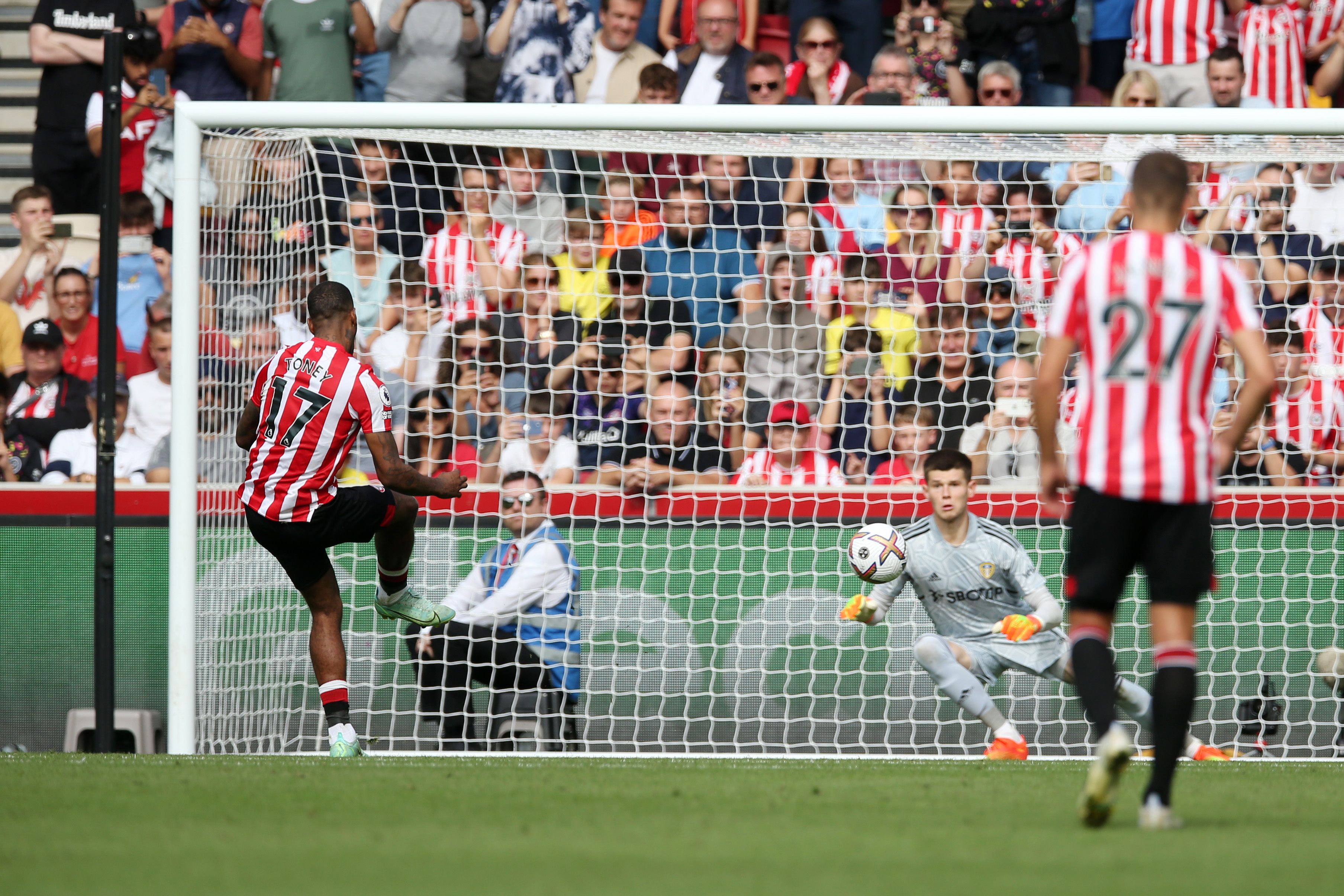
Sunderland goalkeeper Anthony Patterson has been the number one at the Stadium of Light for the last three seasons, appearing in 133 of the club’s previous 138 Championship fixtures.
Patterson was instrumental in the Black Cats’ play-off promotion with a magnificent performance in the final against Sheffield United. In the opening stages, he produced a remarkable save from a point-blank Kieffer Moore header.
However, and perhaps more importantly, with Sunderland already 1-0 down, Patterson manufactured an even more extraordinary stop. After Dennis Cirkin stuttered, Blades attacker Andre Brookes was released on goal, and his effort was denied by Patterson’s outstretched leg. This save was an undoubted turning point, granting renewed belief in the Sunderland players, who turned the game around.
So what should the promoted sides do with their goalkeepers?
As explained, history seems to at least suggest that if a goalkeeper change is going to be made, it is more frequently successful when a goalkeeper with vastly more experience or pedigree is brought in. The latest season also suggests that consistency is important. The three chopped and changed between their goalkeepers. Ipswich rotated between Arijanet Muric, Alex Palmer, and Christian Walton. Leicester City played all three of Mads Hermansen, Jakub Stolarczyk, and Danny Ward. The season before, Burnley switched between Muric and James Trafford. Kaminski and Foderingham played the majority of games in their Luton and Sheffield United sides, and in Kaminski’s case, in particular, the Belgian gave a good account of himself by the eye test.
Of course, there is substantially more work that goes into these moves than following such historical logic. The data that can now back up a newly promoted side’s goalkeeper transfer activity allows teams to make the most informed decisions at the time of signing, with the most resource and intelligence behind them to justify this decision across different club departments.
May it also be time for a new period of adaptability? Do promoted sides need to change the way they play to help their goalkeepers? Two years ago, it was Burnley, and last season, it was Southampton, who were both accused of trying too hard to repeat their possession-based style in the Premier League that had worked so seamlessly in the Championship. On each occasion, it backfired with brutal consequences.
Today’s heavy reliance on playing out from the back invites pressure and plays into the ferocious pressing capabilities of top Premier League sides. It is acceptable to play this way if the foundation is a goalkeeper with experience at the highest level who is accustomed to this style, but that also extends to the rest of the ten players on the pitch. The Premier League is not the place for experimentation.
Another adaptation is simply the undeniable quality of the opponents. In a previous conversation with Steve Hale, a goalkeeper who has coached throughout the Football League pyramid, he remarked on how the “quality of finishing” is the biggest difference between the different levels. “The higher you go, the pace of the game and the players’ decision-making are better.” This poses another challenging hurdle for an incoming goalkeeper who has never played at Premier League level.
Adapting to a new style of play and a different level of opposition makes the adaptation process for new top-flight goalkeepers a challenge. Trafford has already played a season of Premier League football. He will head into the 2025/26 season with more knowledge and experience. Meslier also has three campaigns of top-flight football under his belt, but with his contract expiring in 2026 and his form faltering, his position as Leeds’ number one looks shaky. Patterson has been at Sunderland for over ten years, coming through the ranks to create a beautiful storyline. However, unlike Trafford, Meslier and Darlow, Patterson is yet to play top-flight football. He is an unknown quantity in the Premier League. Le Bris must assess if he is ready.
Can next season’s goalkeepers be the crucial components to break the relegation trend and power their clubs to safety? Stick or twist, we shall see.


